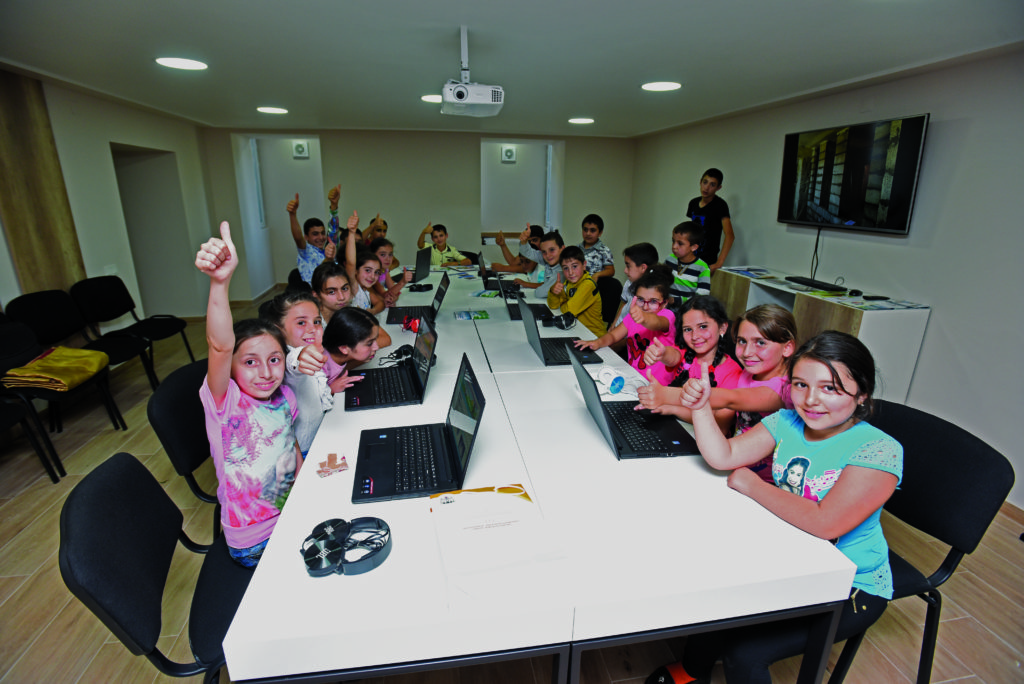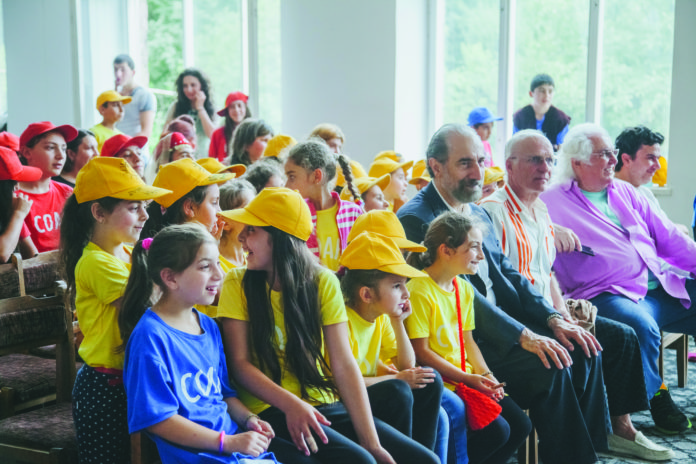By Alin K. Gregorian
Mirror-Spectator Staff
NEW YORK — For Dr. Garo Armen, time is running out for rural Armenia and therefore he is focusing on reviving it as quickly and efficiently as possible.

The organization has raised $35 million to help rural Armenians.
When asked how is he able to get so many high-profile celebrities for the annual winter fundraising ball, he cited the importance of the cause.
“If what you’re doing is real, and you convey the urgency of what needs to be done in a realistic way, it will attract genuine people in pursuance of the cause,” he said. “These people come not because we are paying them but they genuinely believe in the cause. We are blessed that [it has] almost [become] a phenomenon that feeds on itself.”










